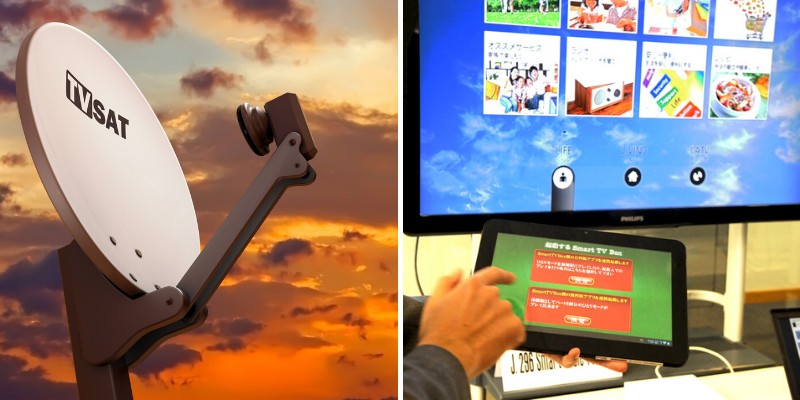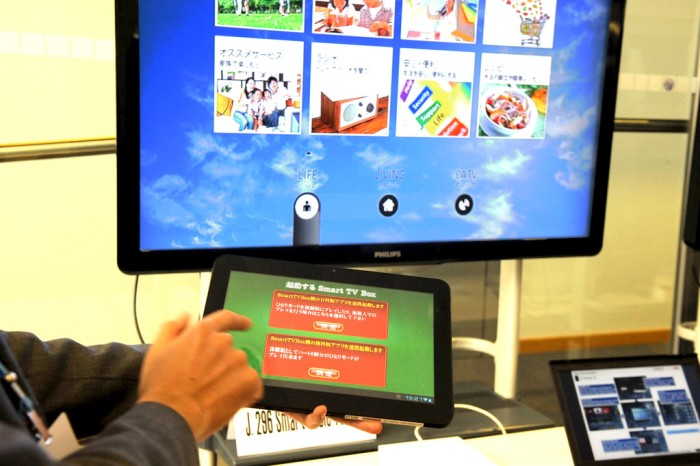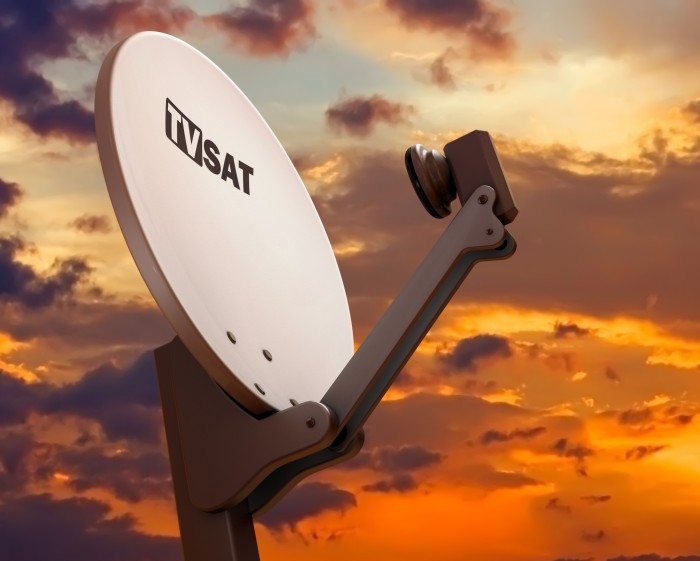If you’re wondering whether to go for cable or satellite TV, you first need to understand what each of them mean. Read the whole article for all the information you need to know.

Deciding what kind of TV service to get? In the battle between satellite and cable TV, there is no clear winner. Each broadcasting method has its pros and cons, and both have the ability to deliver tens or more of TV channels for your pleasure.
Cable and satellite TV are not just different in the way they transmit television programming, but they have a few more fundamental differences.
The main difference between the two arises with the equipment they use, installation method and the pricing. All these factors have a part to play in customer satisfaction, and so far, the two methods are running neck to neck.
The thing is, in this day and age, both services will get you your local channels with sports and news, and any other popular channels.
They both have options for DVR services where you can record shows for later. Finally, more and more service providers are integrating online streaming by Netflix and Hulu into their service platforms. So, why do these other differences matter?
These differences in installation, pricing and equipment all affect where each one can be installed or whether or not it is feasible. To understand this further, let’s first discuss what Cable TV and Satellite TV actually are:
What is Cable TV?

Cable television is a method of delivering television program services, as stated in its name, through coaxial cable wire. This thick wire is connected to your house directly by your cable provider.
The signal is transmitted through the cable either by radio frequencies or light pulses in fiber optic cables. Below, we have listed the pros and cons of cable TV.
Pros of Cable TV
- Stable Connection
One of the biggest advantages of cable TV is that it is the most reliable service out there when it comes to television programming. Regardless of weather or any other external factor, your cable TV service will still run, unless the cable itself is physically cut or damaged.
- Bundles
Cable TV is usually offered as a tie in with other services like internet and telephone; this helps lower the cost significantly for you since all services are provided under one head rather than having to purchase each of them separately.
- Price
Cable TV is generally inexpensive, depending on the package you get. Also, the initial installation is cheaper when compared to the initial equipment cost of setting up satellite TV.
Cons of Cable TV
- Limited Options
Generally, there aren’t many options available for service providers in a single area. At times, these can be limited to just one cable service provider per area, which leads to a monopoly.
This has resulted in poor experiences for many customers. Consumer satisfaction with cable companies rank amongst the lowest in the United States of America.
- Lower HD quality
Cable TV generally does not have the best output for HD channels. Companies try to bundle in too many HD channels on the limited frequency they offer, which tends to lower the quality delivered to the consumer at the end.
What is Satellite TV

Satellite TV refers to the method of receiving TV signals from a satellite orbiting the Earth to a receiver and dish that are installed on your house.
The satellite receives these signals from a broadcasting station, which is rebroadcasted to the customer, according to the particular TV programming selected.
Pros of Satellite TV
- Quality
When you spend so much on an HD television, you don’t want to get stuck with a TV provider that can’t offer the channels up to its mark. Here is where satellite TV excels. Satellite providers offer a wide array of national HD channels, which they usually even offer in their most basic packages, and they are in very high video quality.
- Variety
Cable TV providers have a great selection of local news and sports channels, but if you are looking for more national channels, satellite is the way to go. Satellite TV providers have a large selection of national channels and sports that cable TV cannot offer. These channels also come at a better quality, making this choice a clear winner in variety.
Cons of Satellite TV
- Equipment
Satellite TV requires you to install a bulky dish to be installed on top of your roof or on the side of your house. These dishes aren’t the best looking accessory to your house; in fact, they are quite an eyesore.
- Installation
Not only is the installation and equipment pricey, these dishes are also extremely finicky. They need to be placed very specifically, facing a certain direction; this means you can’t position them covertly. They will remain an unsightly addition to your house.
- Disruptions
Since these dishes are so out in the open, they are exposed to the elements. Signals can quite easily be disrupted by rain or other strong weather, and the dish can also get damaged. These dishes can even get damaged by a stray baseball, so be careful!
Final Thoughts
At the end of the day, both providers will give you similar results with slight differences here and there. For most people in big cities, cable is a better option because of the flexibility of providers, availability and reliability. However, in rural areas cable is often not available, so satellite becomes the only option!
My parents just moved nearby and I was wondering if it’d be a good idea to get the cable tv or just settle for satellite. It’s great that I found this article since it made my decision much easier. I like how you mentioned that cable TV provides a stable connection that you don’t ever have to worry about breaking or fixing yourself like with a satellite. Since my parents are old I wouldn’t want them going up on the roof to try and readjust the satellite, so having cable would be a much better option. I’ll have to talk to some local cable tv providers to see if they can provide coverage for my parent’s home.
Nice post! If you’re trying to decide between cable and satellite, your decision must be based on what service will best suit your personal needs. This article really helps me understand the differences.